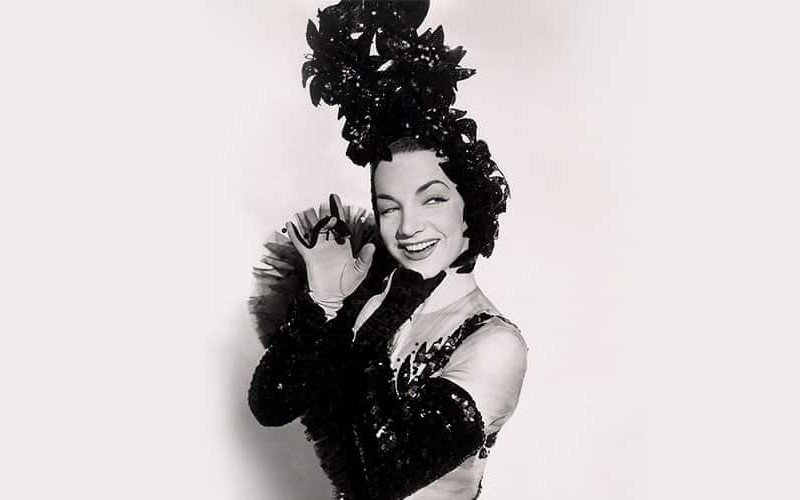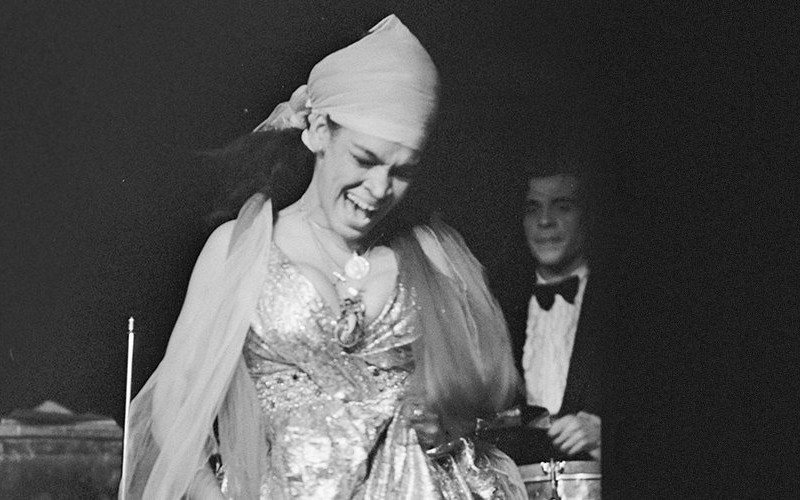Celebrating Dolores Huerta’s Lifetime of Advocacy on her 94th Birthday
Today we celebrate an absolute legend – Dolores Huerta – as she celebrates her 94th birthday.

Today, Dolores Huerta, one of the most important Latino icons within civil rights, is turning 94 years old. This occasion is the perfect opportunity to celebrate not only her robust life but also her immense contributions as a social justice champion. Huerta is a living legend whose tireless efforts have helped transform the landscape of civil rights, feminism, labor rights, farmworkers’ rights, and even environmental justice.
Huerta’s influence has been far-reaching, and her work has inspired generations of activists and advocates both in and outside the Latino community. Her work continues through the Dolores Huerta Foundation, which passionately advocates for the rights of underrepresented people and empowers them through grassroots organizing, civic engagement, and education initiatives.
But how did Huerta’s journey begin?
Born on April 10, 1930, in Dawson, New Mexico, Dolores Huerta was raised in Stockton, California, where she learned the value of activism from her parents. Her father, Juan Fernández, a union activist and politician, showed her the importance of fighting for justice from a young age. Huerta attributes much of her feminist outlook to her mother, Alicia, who was known for her compassion and involvement with the community.
Huerta took her first steps as an activist when she was studying at Stockton High School and joined various groups and organizations. Once in college, she earned a provisional teaching credential from the University of Pacific’s Delta College. Her experiences as a teacher actually ignited her passion for addressing economic injustices because she was exposed to the inequalities her students and their families were facing.
It was during her tenure with the Stockton Community Service Organization (CSO) that she started organizing her activism. She founded the Agricultural Workers Association and spearheaded voter registration drives and advocacy for better living conditions for farmworkers. Later on, her collaboration with César Chávez led to the formation of the National Farm Workers Association (NFWA), later known as the United Farm Workers (UFW), where her organizing skills played a pivotal role in securing landmark victories for farmworkers, including the Agricultural Labor Relations Act of 1975.
During this time, she coined the chant “Si Se Puede,” which President Obama later made central to his first presidential campaign.
Huerta’s activism extends beyond labor rights. She became a fierce advocate for women’s liberation within the farmworkers’ movement, challenging gender discrimination and fostering inclusivity. She was also known for her commitment to non-violence, which is one of the guiding principles of her advocacy to ensure the safety of everyone involved in the struggle for justice.
Throughout her life and advocacy, Huerta faced many different challenges, such as physical assaults and overall societal pushback. This didn’t deter her, though, and her strength never wavered, which is a big reason why she’s considered a hero within the civil rights movement. Even after her life was threatened by an assault during a protest at the age of 58, Huerta continued advocating, focusing mainly on women’s rights and political empowerment.
Today, at 94, Dolores Huerta isn’t slowing down. As the founder and president of the Dolores Huerta Foundation, she continues to mentor and inspire new generations of activists. Her commitment to grassroots organizing and community empowerment remains as strong as ever. Huerta’s legacy isn’t just a collection of awards, although there are many of them and they’re all well-deserved. More importantly, it’s one of the most inspiring examples of the power of ordinary people coming together to effect extraordinary change.
As we celebrate Dolores Huerta’s 94th birthday, let’s honor her activism and reaffirm our own commitment to important social justice causes. Join the Dolores Huerta Foundation in commemorating her life and legacy on social media with the hashtag #VivaDolores. Share your stories, post your favorite quote from her, record a video about how she has inspired you, or simply spread the word about this remarkable woman who has dedicated her life to making the world a better place.




